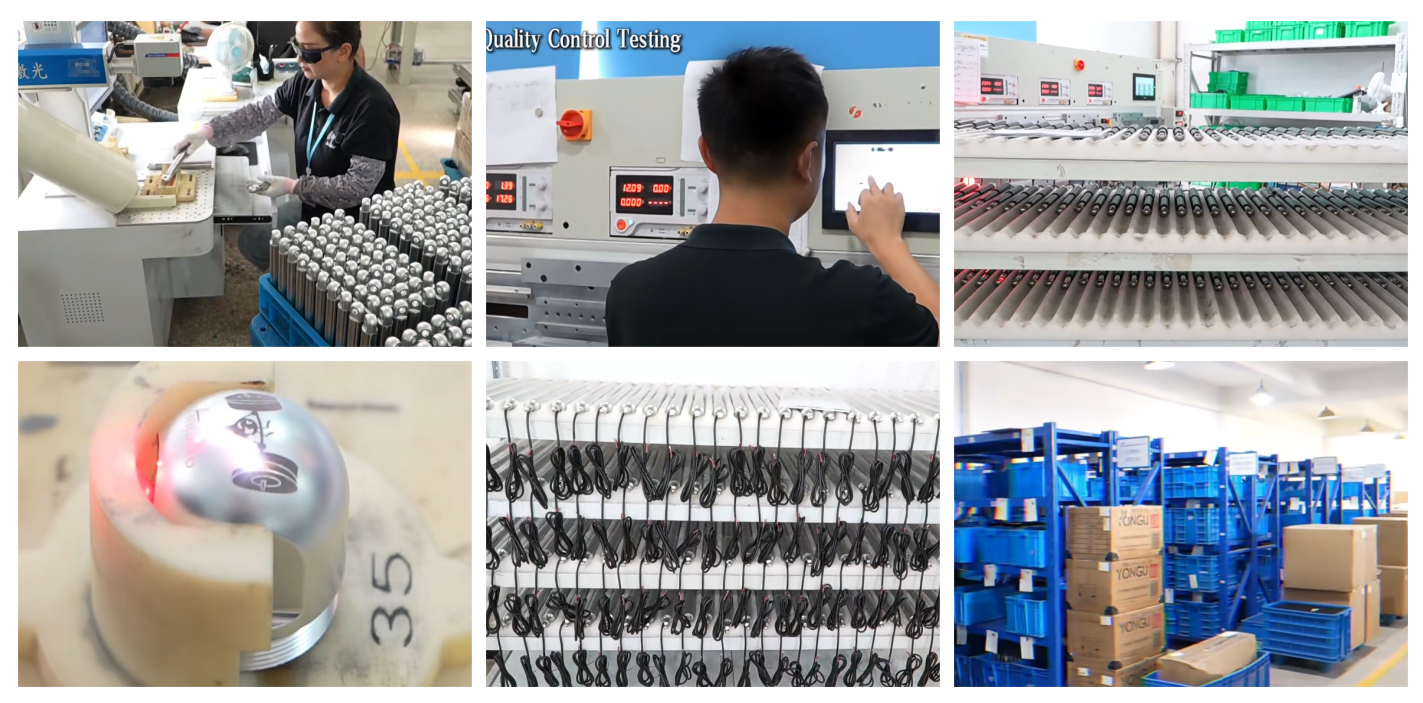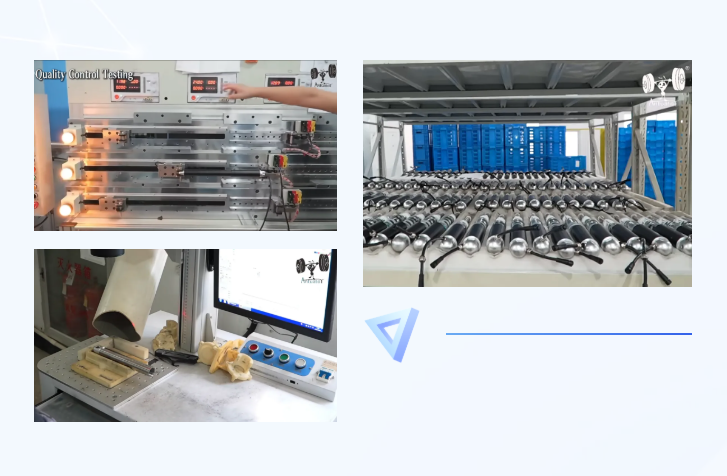The Process Is the Foundation of Trust
Many people believe that once a factory receives an order, the process is straightforward:
Sign the contract → Schedule production → Deliver the goods.
But for a responsible manufacturer, this is only the result—not the process.
At ANTUATOR, an experienced electric linear actuator manufacturer, our approach to order management may seem “a step slower,” but that deliberate pace is what ensures our customers avoid hidden risks throughout the entire project.

Through years of working with international OEM customers in the marine, RV, and automation industries, we’ve found that most problems don’t occur in the production stage—they start much earlier, during the requirement confirmation phase.
Common industry issues include:
Samples or specifications not finalized before production starts
Last-minute customer changes without proper review
Unconfirmed agreements on cost, delivery time, or packaging
Once these issues enter production, they often result in rework, delays, or disputes.
That’s why we’ve made communication and confirmation a mandatory process, not an optional one.

This step is not a formality—it’s a safeguard.
Before production begins, we hold a cross-departmental review involving R&D, Quality, Purchasing, and Production to ensure every detail is accurate and feasible.
We carefully check:
Are all parameters achievable?
Can we meet the promised delivery date?
Are materials and resources fully prepared?
Are there any potential risks?
Does the project involve changes requiring re-approval?
The purpose is simple:
If we commit to something, we must be certain we can deliver it.
This systematic review forms the backbone of our quality control process, ensuring that each actuator leaving our factory represents our commitment to reliability.
We understand that customers may request adjustments during cooperation.
We are flexible, but we are never careless.
Every change request goes through:
Documentation (recorded for traceability)
Joint review (to ensure alignment across teams)
Risk assessment (evaluating the impact)
Final confirmation (before execution)
This prevents the common miscommunication where “the customer thought it was changed” but “the factory continued with the old version.”
It’s not bureaucracy—it’s professional respect and mutual safety in every project.
Our structured workflow doesn’t restrict us—it protects our partners.
It minimizes the very concerns that keep customers awake at night:
Worrying we might misunderstand requirements
Worrying we might deliver the wrong specifications
Worrying we might miss deadlines
Worrying about uncontrolled project risks
A reliable workflow is the visible form of long-term responsibility.
At ANTUATOR, our principle is simple:
“We don’t trade certainty for speed.
We use standards to bring you peace of mind.”
In the world of custom actuator manufacturing, true professionalism means controlling risks before production begins.
When a factory takes the time to confirm every detail, customers can confidently hand over their projects—knowing that every actuator will meet the highest standards of performance, reliability, and precision.
That’s why at ANTUATOR, we say:
“Orders don’t start with production—they start with responsibility.”